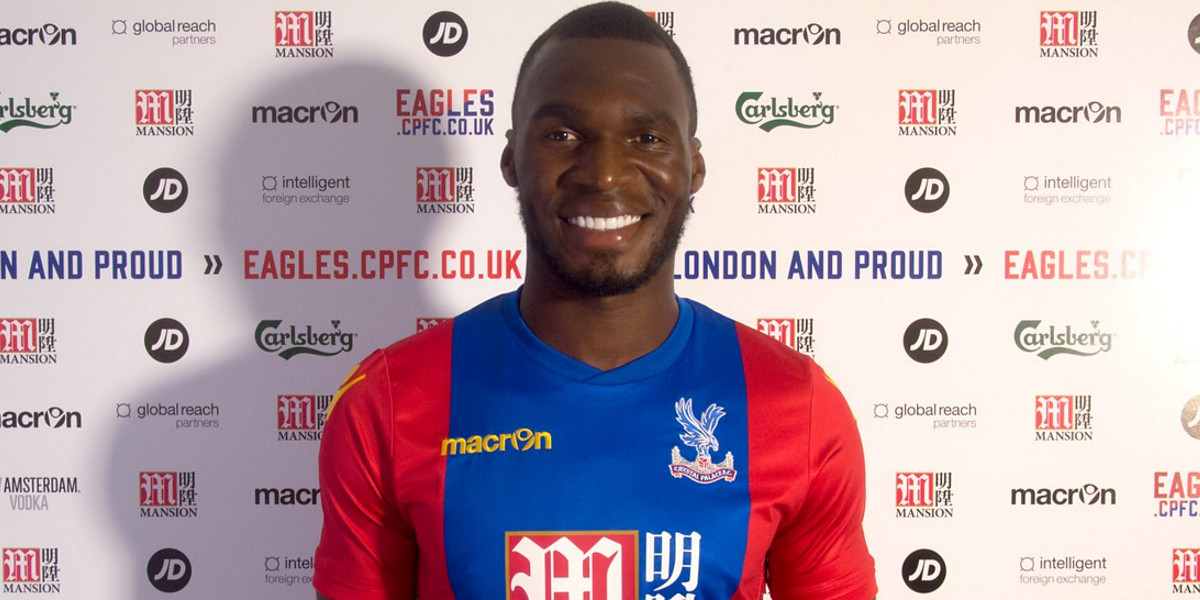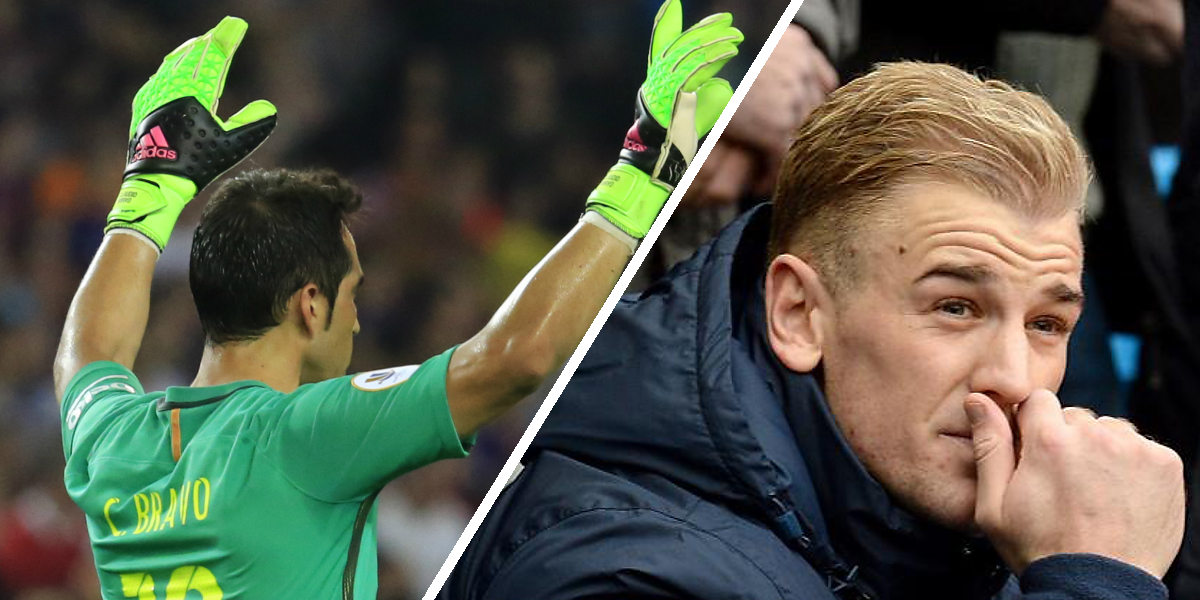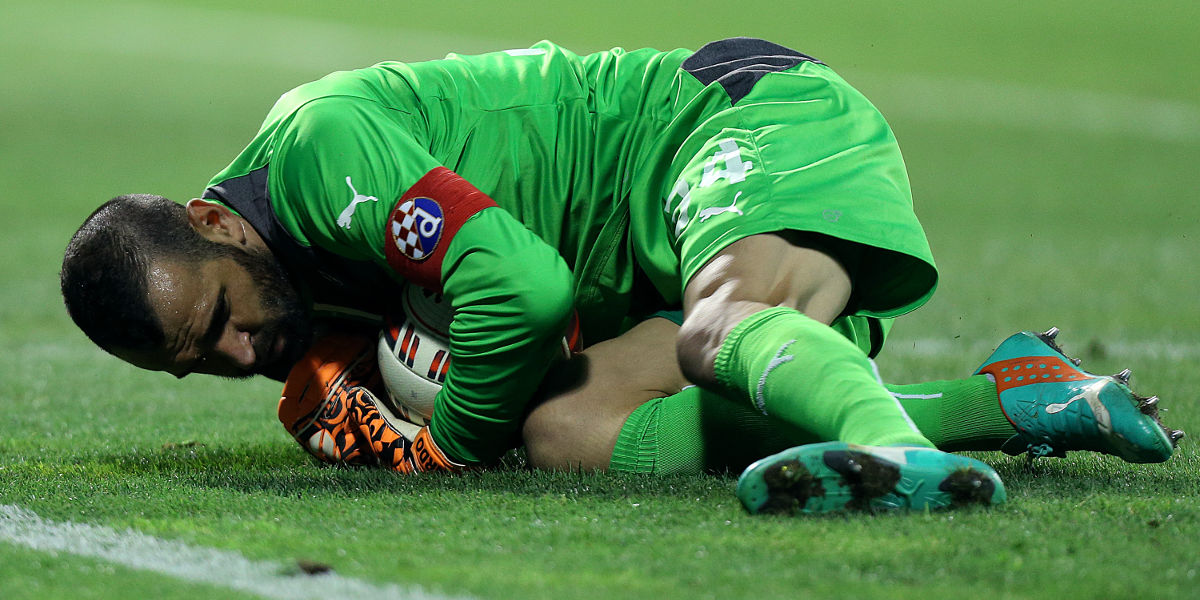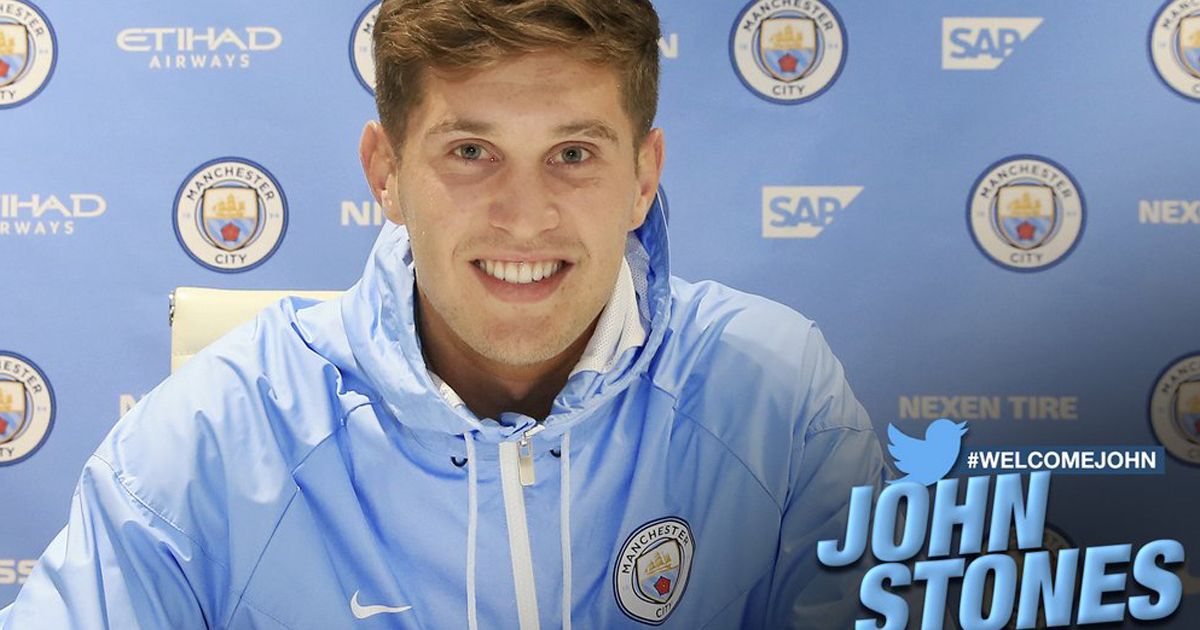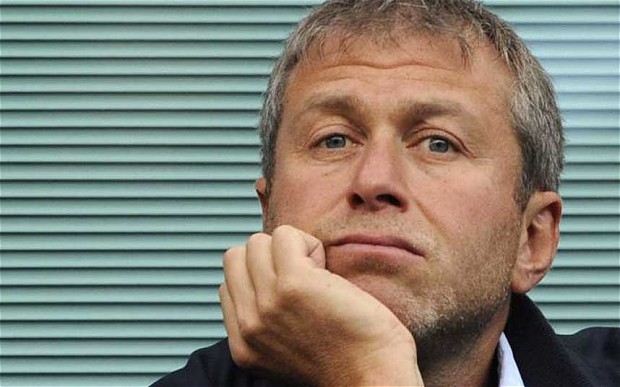By Jeremy Wilson
With Pep Guardiola opting for Bayern Munich and little discernible sign of anybody, including Rafael Benítez himself, expecting the current managerial arrangement to last beyond the end of the season, Roman Abramovich finds himself back at a familiar drawing board.
Money can buy you most things in football but not, it would seem, the manager of your choice. There has actually been a long-standing myth that Abramovich’s £1 billion Chelsea investment has ensured that he always gets what he wants but the list of those who have said ‘no’ is longer than commonly imagined.
From a failed personal visit to Highbury to offer £50 million for Thierry Henry in 2003 to this week’s Guardiola snub, Abramovich has suffered his share of knock-backs.
The question, though, as he approaches his 10th anniversary at Chelsea, is whether his ownership method, notably the ruthless treatment of managers, has now become the biggest obstacle to the club’s progress.
It was certainly notable this week to hear that Guardiola sought the counsel of Sir Alex Ferguson and Arsène Wenger before deciding his next move.
Self-interest might have been at work but, as managers who so value their autonomy, it can be suspected that both Ferguson and Wenger relayed their reservations about the structure at Chelsea.
“There is a big salary that comes with the job but also the understanding that you could be relieved of the post at any time,” explained Ray Wilkins, the former assistant manager. “In my case, it was ‘crash, bang, wallop and off you go’. That’s the way he works. Guardiola may well have decided that he didn’t want to be in a situation like that.”
The Abramovich decade can be broadly divided into two parts. The first, lasting into a fifth season, was relatively stable and certainly fruitful. Claudio Ranieri, the so-called ‘dead man walking’, may feel aggrieved by his treatment but was never an Abramovich appointment and was replaced by Jose Mourinho who, in three years, won five trophies.
In the following five seasons six managers won another five trophies. The argument, however, that changes in manager have been justified by continual silverware is flawed. Chelsea, in 2006, had put themselves in a position to dominate under Mourinho but blew it. Manchester United, Manchester City, Real Madrid, Barcelona and perhaps Bayern Munich have all overtaken them.
As Di Matteo demonstrated at the end of last season, subsequent successes have hinged on an existing but exceptional spine of players – Didier Drogba, Frank Lampard, John Terry, Ashley Cole and Petr Cech – and were achieved in spite, not because of, managerial upheavals.
With the Champions League finally tucked away in their trophy cabinet, the irony is there has never been more uncertainty or negativity surrounding Abramovich’s Chelsea.
The manager’s position remains in a familiar state of flux. The squad is undergoing some necessary and (in the case of Lampard) some baffling upheaval. It certainly seemed instructive yesterday to hear Benítez turn to the reassuring experience of Terry when he had previously indicated that the captain would miss tomorrow’s match against Arsenal with his knee injury.
“It’s important to have players with character on the pitch if you want to manage a game,” said Benítez. “It’s difficult to say what a leader is. It’s something that happens. We have a group of players with quality and sometimes we miss these things. He’s one of the strong characters.”
Another thing that could help is changing the atmosphere at Stamford Bridge. A combination of Benitez’s past association with Liverpool and outrage at the treatment of Di Matteo has ensured a disharmony among fans that, according to the Chelsea Supporters’ Group, is “tearing the club apart”.
Those tensions have surely contributed to two defeats and a draw in the past three home games, with Benítez yesterday making his usual pre-match appeal for unity.
Abramovich has not, thus far, been the direct focus for unrest but he is surely under more risk of personal vilification than ever before.
The question now is how the club restore their image, not just in the eyes of supporters, but to prospective employees around the world.
Abramovich is still known to crave a certain style of football that would give Chelsea an identity similar to Manchester United, Arsenal and Barcelona. He should, then, be attracted by the work of Jürgen Klopp, Diego Simeone, Michael Laudrup or Joachim Löw.
Yet has he learnt the lesson of the failed Andre Villas-Boas experiment, namely that implementing a revolution in style while overhauling a squad needs patience?
“There are two sorts of reaction: either you stick to your project and the people who are part of it, or you want immediate success,” said Villas-Boas. “In that case, you have to change everything. At Chelsea, I think another sacking is just like any other day at the office.”
That might be so, but the price Chelsea risk paying for their owner’s style is perpetual limbo and a declining ability to attract the world’s best managers and players.








